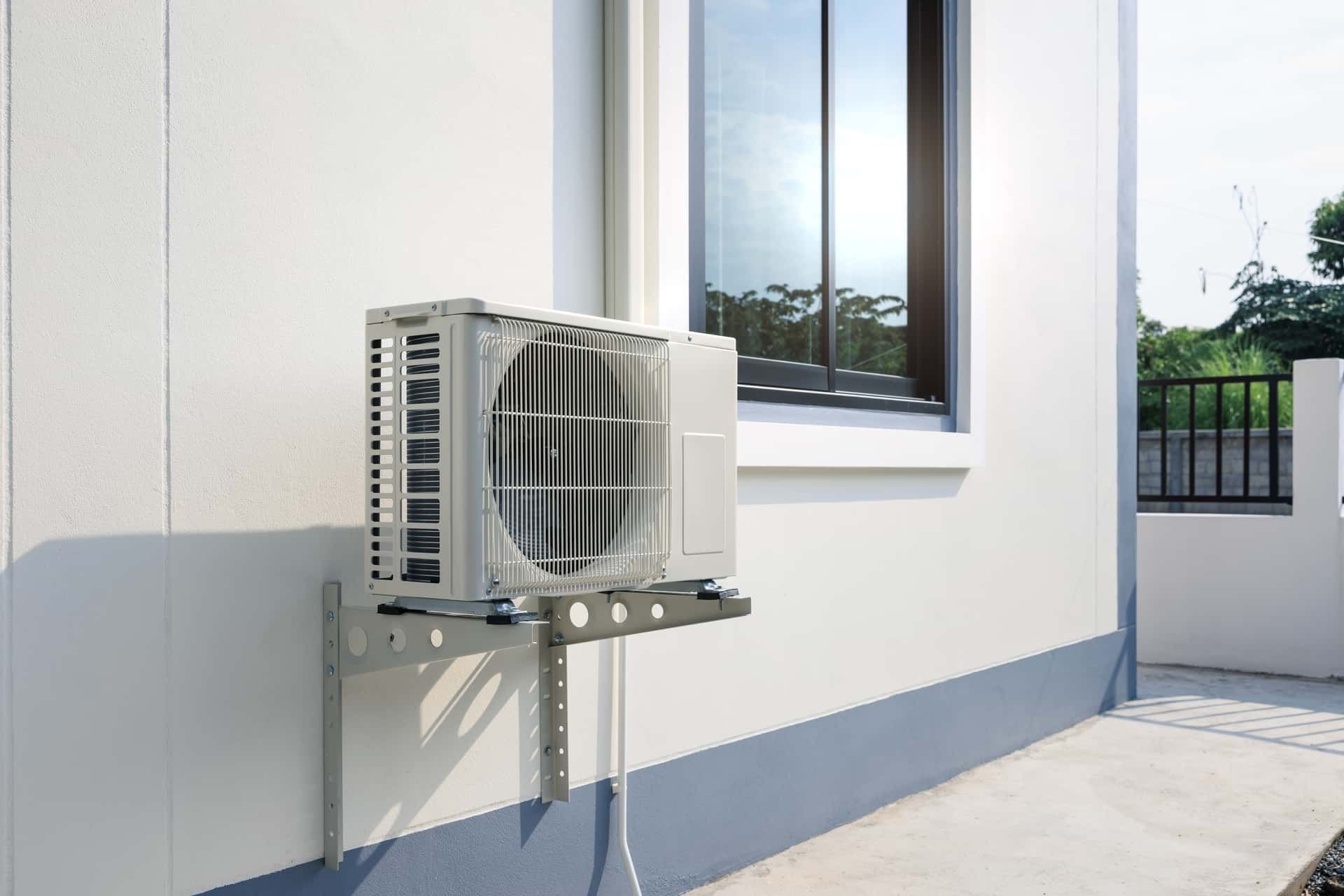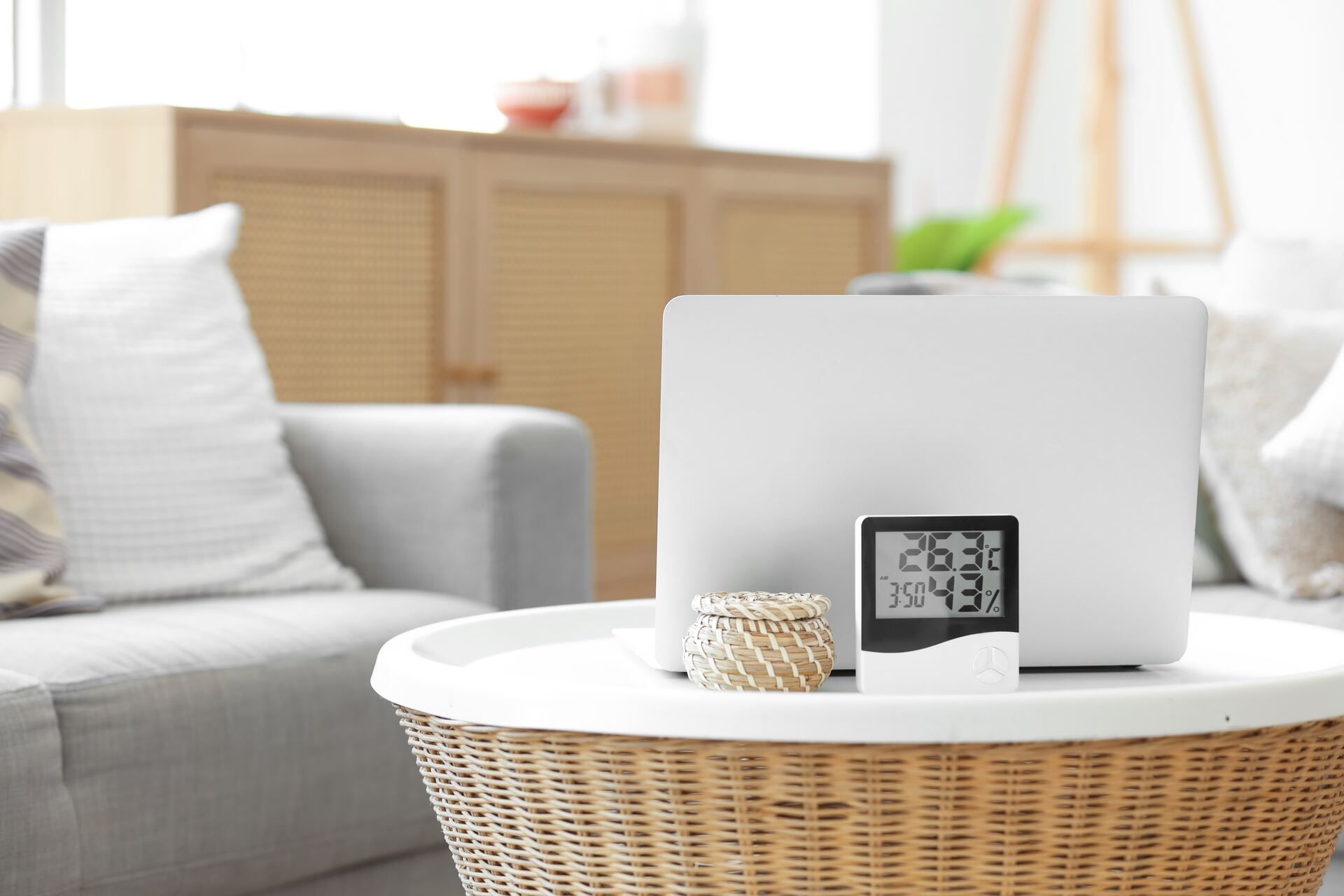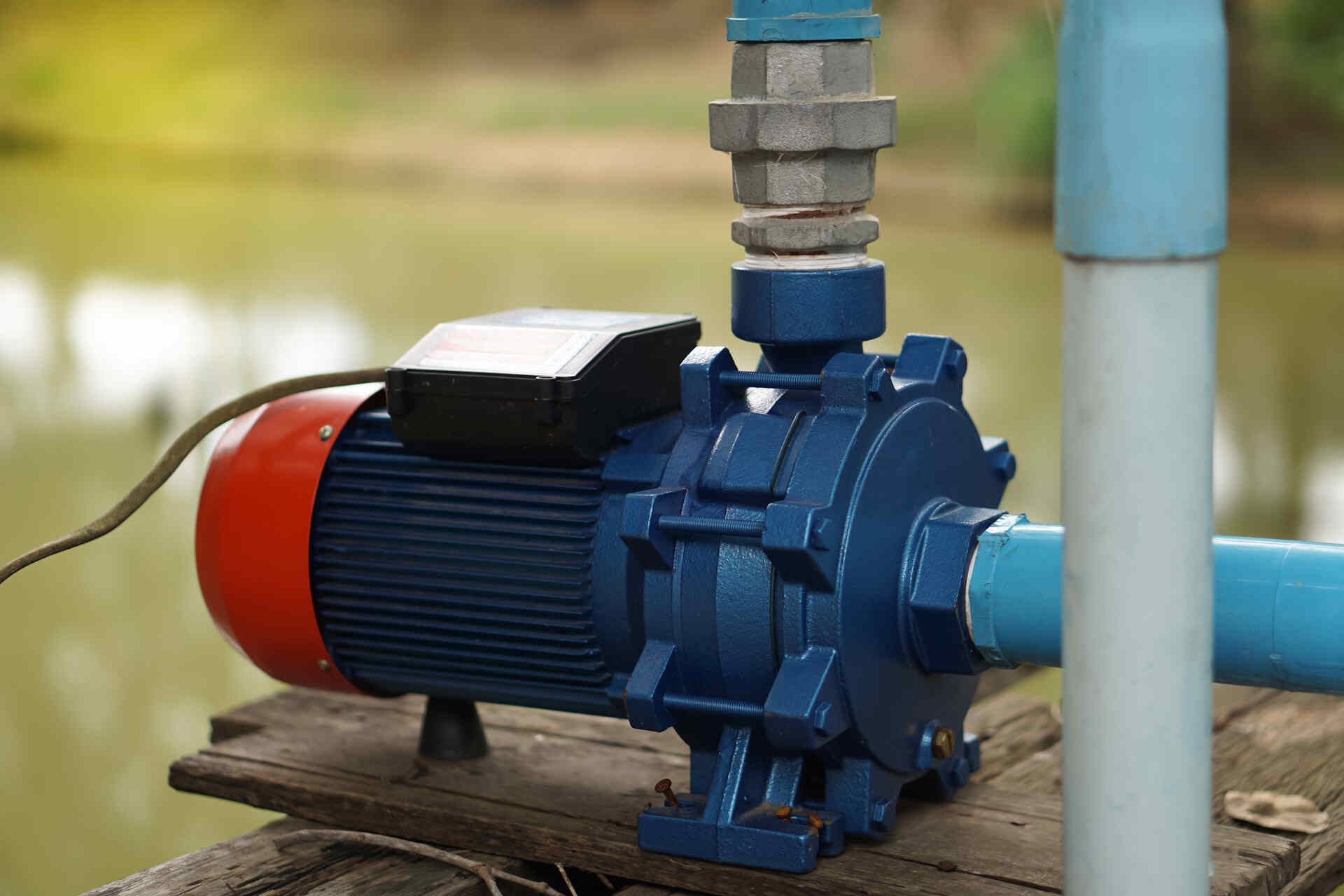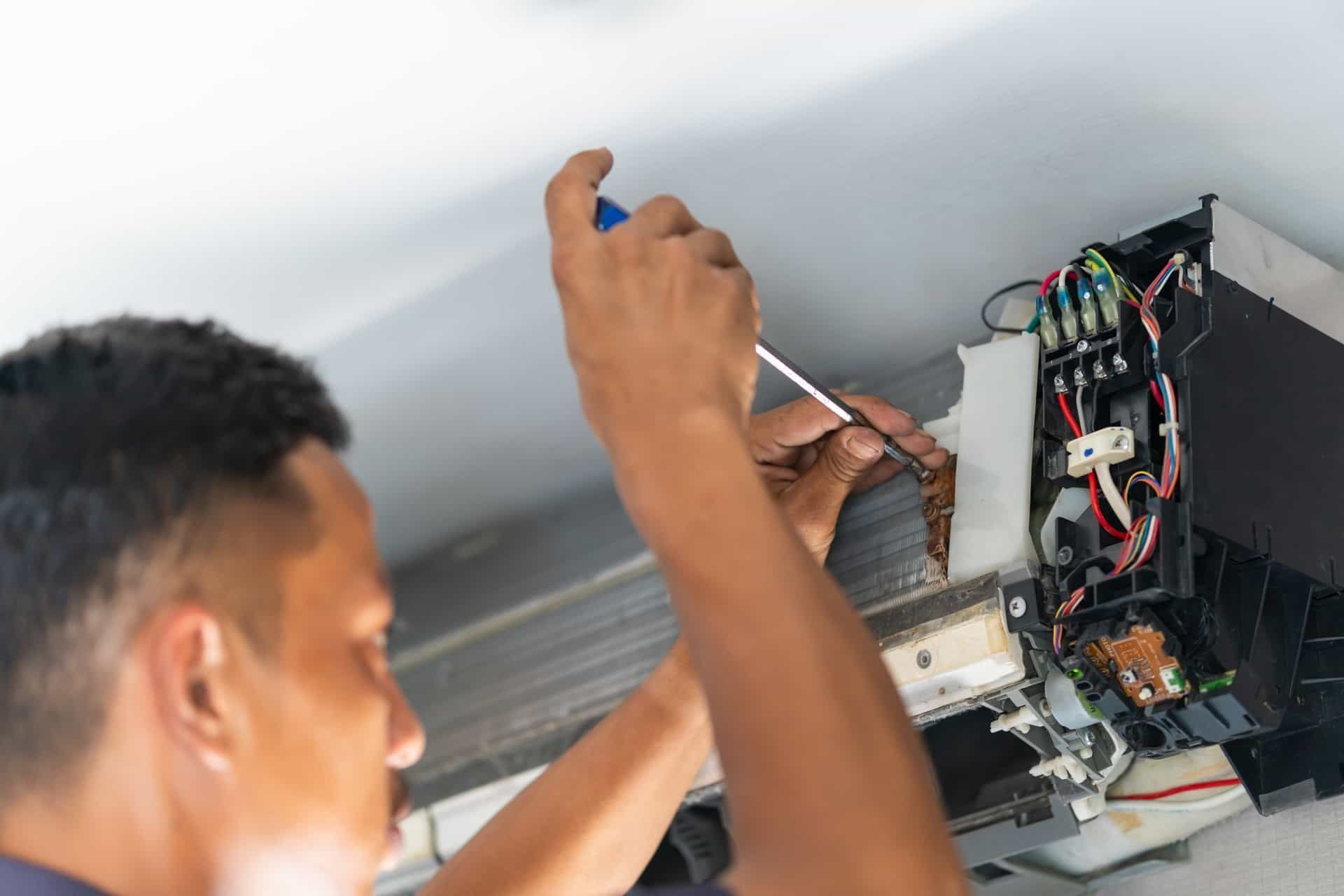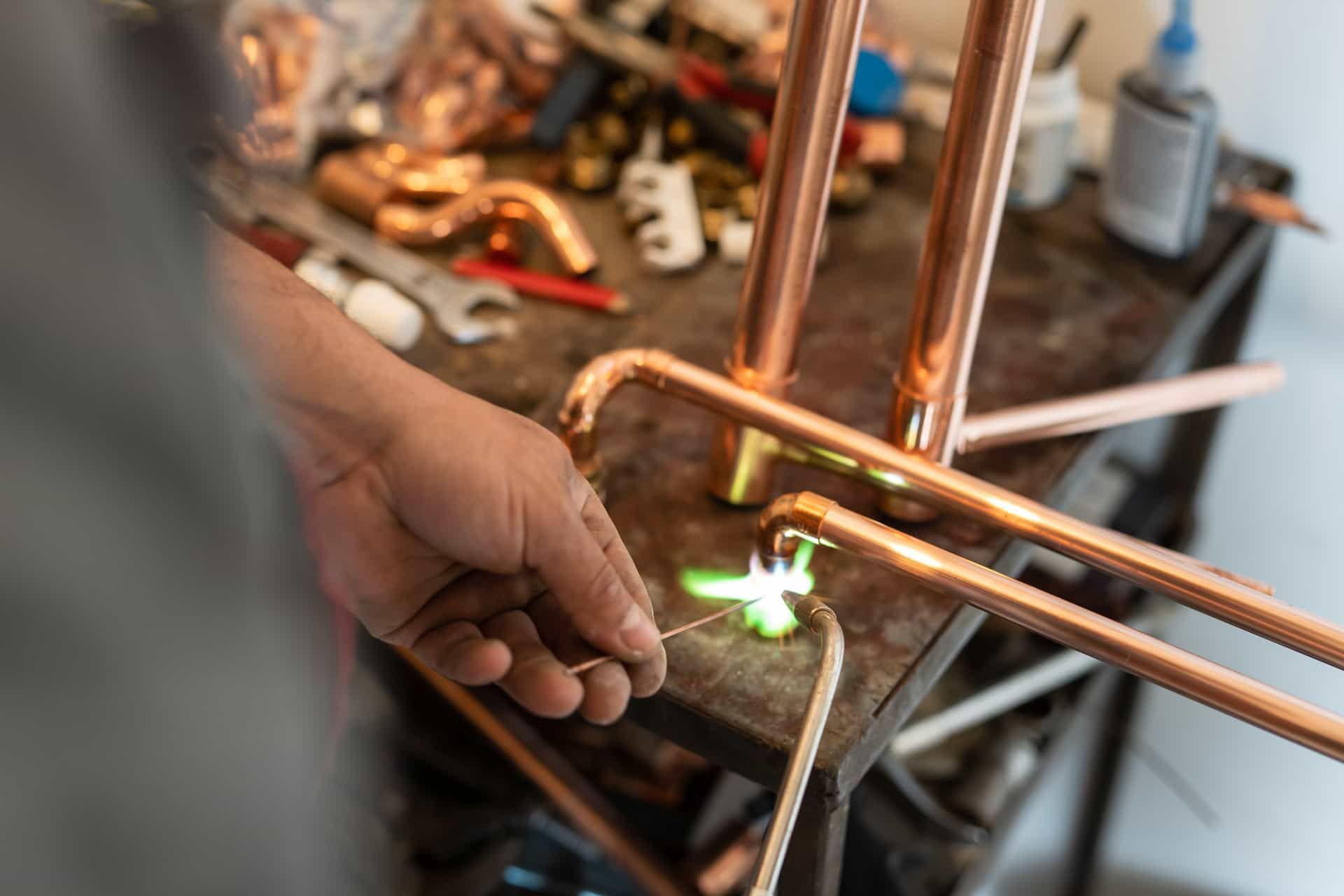Articles
HVAC Contractor Tips and Articles For Your Home
Can You Attach a Humidifier to Your HVAC?

Have you ever noticed that your home feels dry in the winter? Maybe your skin gets itchy, your throat feels scratchy, or your wooden furniture starts to crack. These are all signs of dry air. One great way to fix this is by using a humidifier. But instead of using a small portable one, you might be wondering: Can you attach a humidifier to your HVAC system? The short answer is yes, you can—and it can make a big difference in your home comfort.
Let’s explore how it works, the types of humidifiers you can choose from, and the benefits of adding a humidifier to your HVAC system.
What Is an HVAC System?
Before we get into humidifiers, let’s quickly explain what an HVAC system is. HVAC stands for Heating, Ventilation, and Air Conditioning. It’s the system that keeps your home warm in the winter, cool in the summer, and helps move air around all year long. Your HVAC system includes things like your furnace, air conditioner, ducts, and vents.
Since HVAC systems move air throughout your entire home, they’re a great place to add extra features—like a humidifier.
What Does a Humidifier Do?
A humidifier adds moisture to the air. During the colder months, your furnace tends to dry out the indoor air. This dry air can make you feel uncomfortable and even cause health issues like dry skin, nosebleeds, and sore throats.
A humidifier helps bring the humidity back to a comfortable level. Most experts recommend keeping indoor humidity between 30% and 50%. With a humidifier, your home won’t feel so dry, and you’ll breathe easier.
Can You Attach a Humidifier to Your HVAC?
Yes, you can attach a humidifier to your HVAC system. In fact, it’s one of the best ways to keep your whole home comfortable.
Adding a humidifier directly to your HVAC system allows it to spread moisture through your air ducts. This means every room in your house benefits, not just one area like with a small, portable unit.
Many homes with forced-air heating (like furnaces) are great candidates for a whole-home humidifier. You’ll usually have a professional install it right onto your furnace or ductwork.
Types of Humidifiers for HVAC Systems
When it comes to adding a humidifier to your HVAC system, there are three main types to choose from:
1. Bypass Humidifier
A bypass humidifier uses your furnace’s air to add moisture. It “bypasses” the main airflow and pulls warm air through a water panel. Then, it returns that air into your ducts and spreads it around your home.
Bypass humidifiers are energy-efficient but work best when the furnace is running.
2. Fan-Powered Humidifier
This type is similar to the bypass model but includes its own fan. This fan helps push air through the water panel, which means it can run even if your furnace isn’t blowing air. It’s more powerful and can work faster than bypass models.
3. Steam Humidifier
Steam humidifiers boil water to create steam, which is then sent through your duct system. These are great for large homes or places that need a lot of humidity. They can work on their own and don’t rely on your furnace being on.
How Does It Get Installed?
If you’re thinking about adding a humidifier to your HVAC system, it’s important to have a professional do it. Here’s what the process usually looks like:
- Check your HVAC system – The technician will make sure your furnace or air handler is compatible with a humidifier.
- Pick the right humidifier – Based on your home’s size and needs, the technician will help choose the best type.
- Install the unit – The humidifier is attached to your ductwork or furnace, and water lines are connected.
- Wire the controls – Most whole-home humidifiers are connected to a humidistat, which works like a
thermostat but for humidity.
- Test everything – The technician will make sure the system runs correctly and show you how to use it.
Benefits of Adding a Humidifier to Your HVAC
Now that you know it’s possible, you might be asking, “Why should I do it?” Here are some great reasons to add a humidifier to your HVAC system:
1. Healthier Air
Humid air can help reduce dry skin, itchy eyes, and sore throats. It also helps prevent viruses and bacteria from spreading as easily.
2. Protects Your Home
Dry air can cause wood to crack—like floors, furniture, and even musical instruments. A humidifier helps keep your home materials in better shape.
3. More Comfort
With balanced humidity, the air in your home feels warmer. That means you may not have to set your thermostat as high in the winter, saving energy and money.
4. Better Sleep
Humid air is easier to breathe, which can help you sleep better—especially if you suffer from allergies or asthma.
5. Less Static Electricity
If you’re always getting shocked when you touch doorknobs, dry air might be to blame. Humidifiers help reduce annoying static electricity.
What to Consider Before Installing
While adding a humidifier to your HVAC system has many benefits, there are a few things to keep in mind:
- Installation cost – Whole-home humidifiers cost more upfront than portable ones. But they’re worth it in the long run.
- Maintenance – You’ll need to change water panels and clean the unit regularly to keep it working well.
- Water source – Your humidifier will need to be connected to a water supply. That may mean extra plumbing work.
If your HVAC system is old or needs repairs, your technician may recommend updates before installing a humidifier.
Portable vs. Whole-Home Humidifiers
You might wonder if a portable humidifier is good enough. For small rooms, they can be helpful. But if you want your whole house to feel comfortable and balanced, attaching a humidifier to your HVAC system is the better choice.
Whole-home systems are quieter, more efficient, and don’t need to be refilled with water every day.
How to Know If You Need a Humidifier
Still not sure if you need one? Here are some signs your home could benefit from a humidifier:
- You wake up with a dry mouth or sore throat.
- Your skin feels dry and itchy.
- Your wooden furniture or floors are cracking.
- You’re constantly zapped by static electricity.
- You get frequent nosebleeds or allergy flare-ups in winter.
If you said yes to any of these, it might be time to consider adding a humidifier to your HVAC system.
Final Thoughts
So, can you attach a humidifier to your HVAC system? Yes, you can—and it’s a smart choice for homeowners who want better comfort, healthier air, and protection for their home. Whether you choose a bypass, fan-powered, or steam model, adding a humidifier can make a big difference.
Just remember, proper installation and maintenance are key. Always work with a licensed HVAC technician to make sure your humidifier runs safely and efficiently.
Ready to enjoy a more comfortable home? Contact
Gleason Heating and Air Conditioning today to learn more about adding a humidifier to your HVAC system!
Disclaimer: The information on this website and blog is for general informational purposes only and is not professional advice. We make no guarantees of accuracy or completeness. We disclaim all liability for errors, omissions, or reliance on this content. Always consult a qualified professional for specific guidance.

